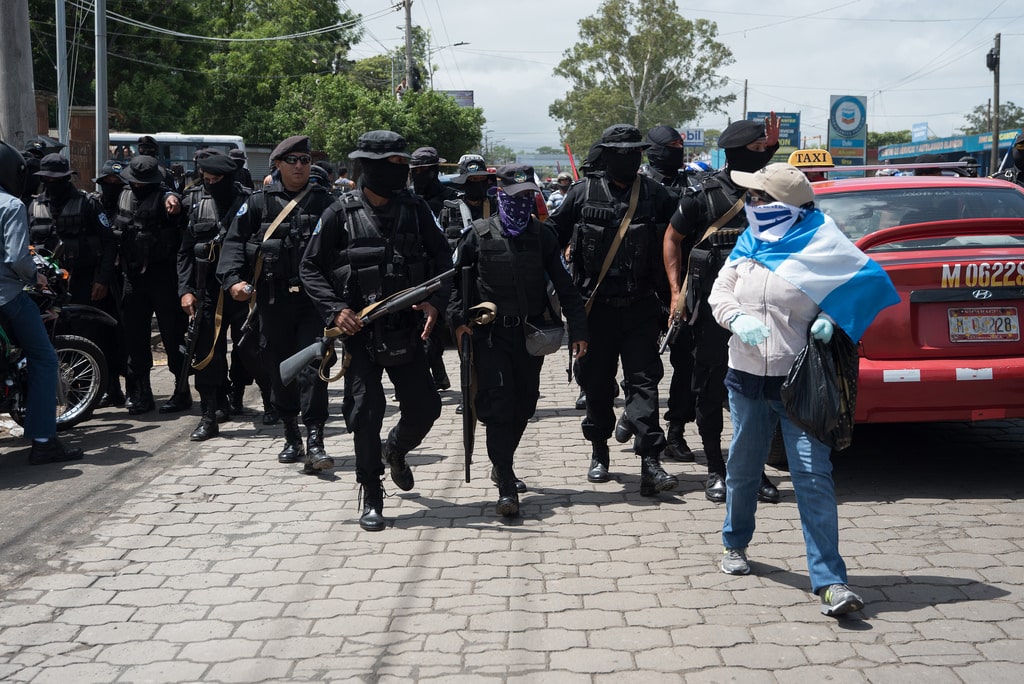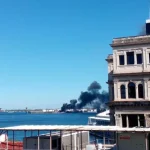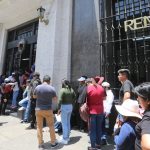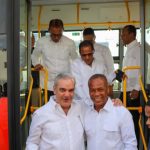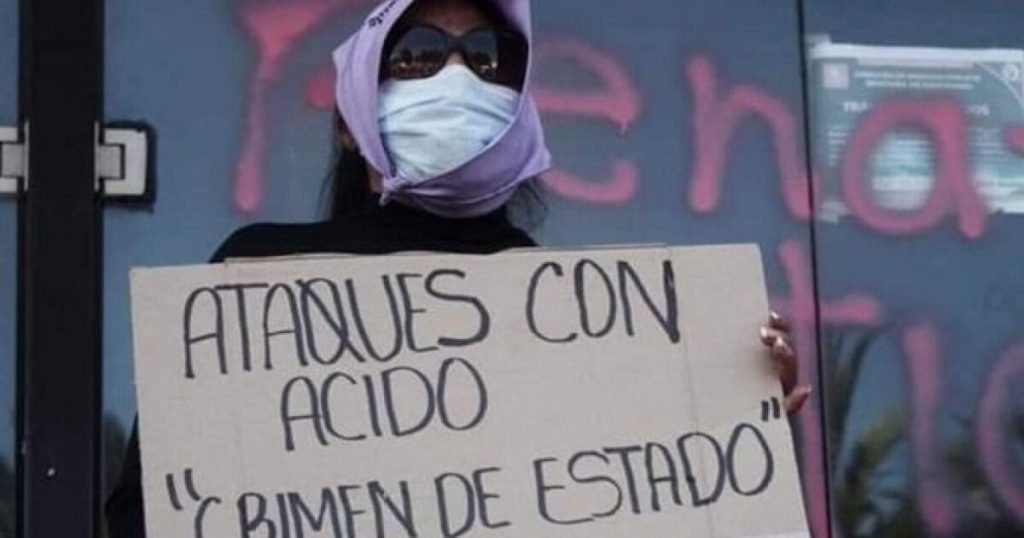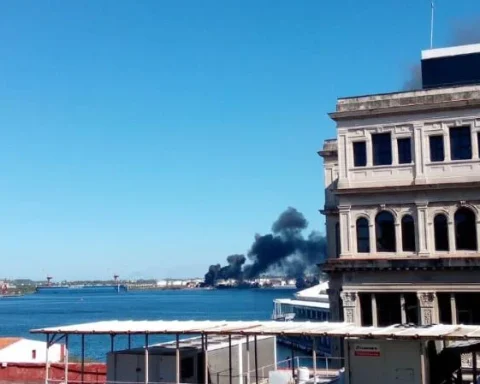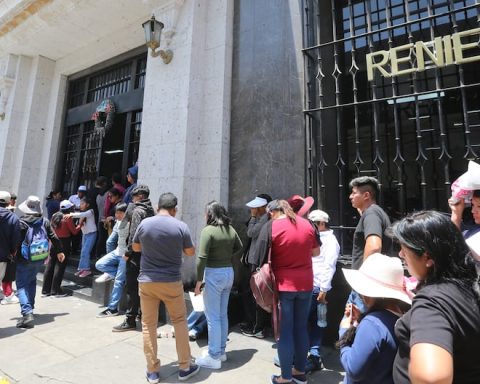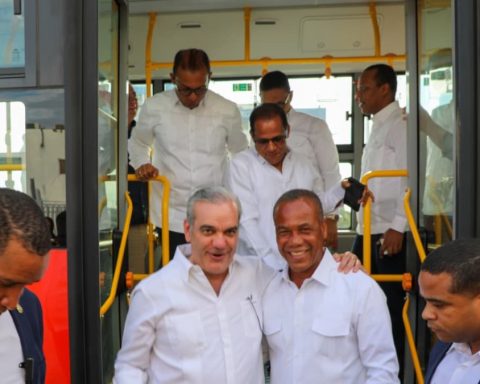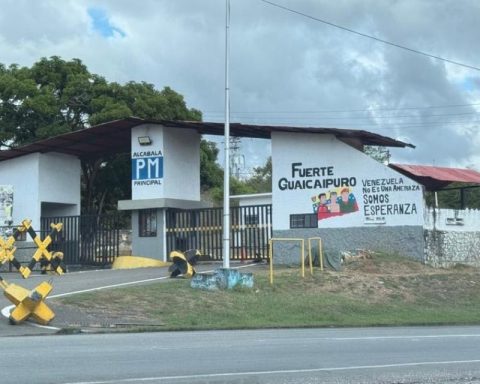The continuity of Daniel Ortega in power with the permanent violation of human rights, in Nicaragua, demands an international investigation mechanism that allows gathering and preserving evidence for future international justice processes, argue representatives of a coalition of NGOs that promote the initiative to create an international mechanism for this task. The officialization of the process of Nicaragua’s disengagement from the Organization of American States (OAS) it also increases their need, according to their promoters.
Juan Carlos Arce, a lawyer from the Nicaraguan Human Rights Collective, which is part of the Oenegés 46/2 Coalition, and who has proposed the formation of an investigation mechanism, explains that the international instrument seeks to verify human rights violations in the country, the identification of the perpetrators of the events and the systematization of the evidence with a view to international judicial processes.
The initiative of the organizations arises in response to Ortega’s failure to comply with the 14 recommendations raised in resolution 46/2, issued by the Human Rights Council of the United Nations (UN), in March 2021. Arce considers that the UN should “raise the bar” on the behavior of Nicaragua, since the current monitoring and follow-up mechanisms on the human rights situation in the country has not been sufficient.
The mechanism is within the management of the UN Council, of which Nicaragua continues to be a part and has responsibilities.
From Arce’s perspective, internally in the country “there is nothing to do because the rule of law is totally destroyed.”
For Tania Agosti, legal advisor of the organization Race and Equality, today more than ever it is necessary “the call for an investigation mechanism that lays the foundations and that ensures the evidence, and the tests and documentation that the organizations have made”, express.
He added that the mechanism itself is a “strong” message from the international community, which indicates “we are attentive to what you have done -Daniel Ortega- and we are escalating our pressure with the tools we have from the Human Rights Council,” but at the same time, “we are saving and laying the foundations for a future justice process,” he stressed.
Race and Equality, as well as the other member organizations of the Coalition, have systematized human rights violations since 2018. For Agosti, Ortega’s re-election for five years “is like a continuation of the seriousness of the situation and a fear that he will remain in impunity ”.
Nicaragua is obliged to comply with the mandates of the UN. However, in practice, the regime does not allow the entry of an international commission since the end of 2018, and in the latest revisions of the Universal Periodic Review (UPR), the State representative has preferred to remain silent in the face of the commissioners’ questions.
How is this mechanism different from the IGIE?
After the social outbreak of 2018, the Interdisciplinary Group of Independent Experts (GIEI) visited the country to reconstruct the acts of violence that occurred from April to May of that year. The report was conclusive: crimes against humanity occurred in Nicaragua and they recommended investigating Daniel Ortega and the National Police headquarters.
Arce explains that the mechanism differs from the GIEI because the latter’s mandate was extremely short, while the former must ultimately cover longer periods. Likewise, the GIEI’s approach was to structure everything that had happened in Nicaragua since the beginning of the socio-political crisis: specific attacks in different cities of the country, testimonies with the victims, mainly. Although they systematized evidence of the cases, the proposed mechanism focuses on collecting evidence and safeguarding it for justice processes.
“This mechanism is proposed as something operative, aimed at justice,” and for this, the specialists who make it up must be endowed with technical assistance and all the resources at the time, added the defender of the Collective.
The Inter-American Commission on Human Rights (IACHR) counted at least 355 victims during the repression of social protests between April 18 and July 31, 2019. Most of the cases remain uninvestigated and rather, dozens of relatives of the victims have had to go into exile after constant police sieges and surveillance in their neighborhoods.
For Arce, the situation in Nicaragua “worsens day by day” and this “is the time for this – to approve the mechanism -“. Although it recognizes that the Ortega government insists on “closing down”, isolating the country, the functionality of the mechanism can be fulfilled without the specialists entering the national territory. The investigation and verification of the facts can be carried out remotely and in addition, many of the relatives of the deceased in the socio-political context are in exile.
Agosti adds that the mechanism makes it possible to “raise the findings” by determining cases of torture, patterns, individual responsibility, since the work team verifies the facts and has evidence. This allows the “discourse -at the international level- to have a very powerful forcefulness. You are no longer saying “hey, we have to investigate”, it is that I have already investigated it and this is the result. At the political level it also has a very powerful message because there are no longer doubts, they are not indications, “he said.
Along with the mechanism, High Commissioner Michelle Bachelet is expected to maintain her mandate to continue documenting the violations that occur in the country.
The mechanism must be assumed by a group of countries to be presented as part of a resolution at the Council session in March 2022. Crucial for this is the report that Bachelet will provide to the UN Council on December 14.
